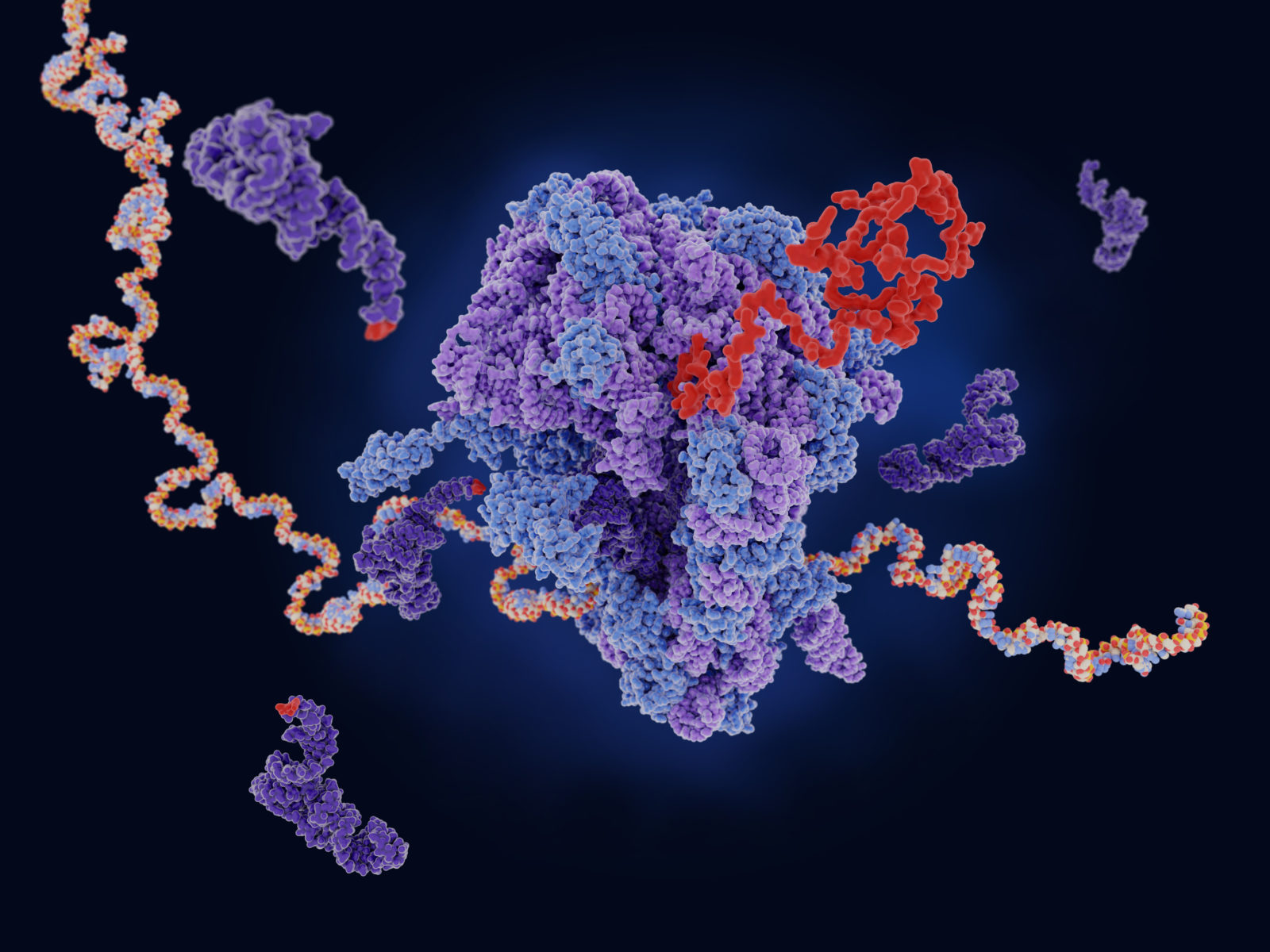


A Cosmos Charged With Meaning and Purpose

Orphan Proteins Spell Trouble for AlphaFold 2
On this ID the Future, philosopher of biology Paul Nelson further explores AlphaFold 2, a cutting edge computer program from Google’s DeepMind designed to rapidly suss out important secrets in the realm of proteins, indispensable molecular biological workhorses that come in thousands of different shapes and sizes. Nelson enthuses about AlphaFold 2 but also explains why he is convinced that AlphaFold’s creators have hit a series of immovable obstacles. The watchword here—orphans. Tune in to learn what these mischievous orphan proteins are about, and what they suggest for AlphaFold, evolution, and intelligent design.

Cornelius Hunter: Determinism is Bizarre and Self-Defeating
On this ID the Future Cornelius Hunter continues discussing determinism, which he describes as a “bizarre position” held “with great confidence” by scientists such as the German physicist Sabine Hossenfelder. It’s bizarre, says Hunter, because if it’s true, then the universe’s initial conditions and the laws of nature produced the particular works of Beethoven and Shakespeare willy nilly. If it’s true, then all one says or thinks — right or wrong, true or false — was determined some 13.8 billion years ago. But if that’s the case, then there are no reasonable grounds for concluding that one’s belief in determinism is true. And like David Hume’s argument against miracles, determinism makes a false dichotomy between natural law and free will. The take-home lesson, according to Hunter: be cautious listening to “experts” speaking outside their fields. Hunter is joined by host and historian of science Michael Newton Keas.